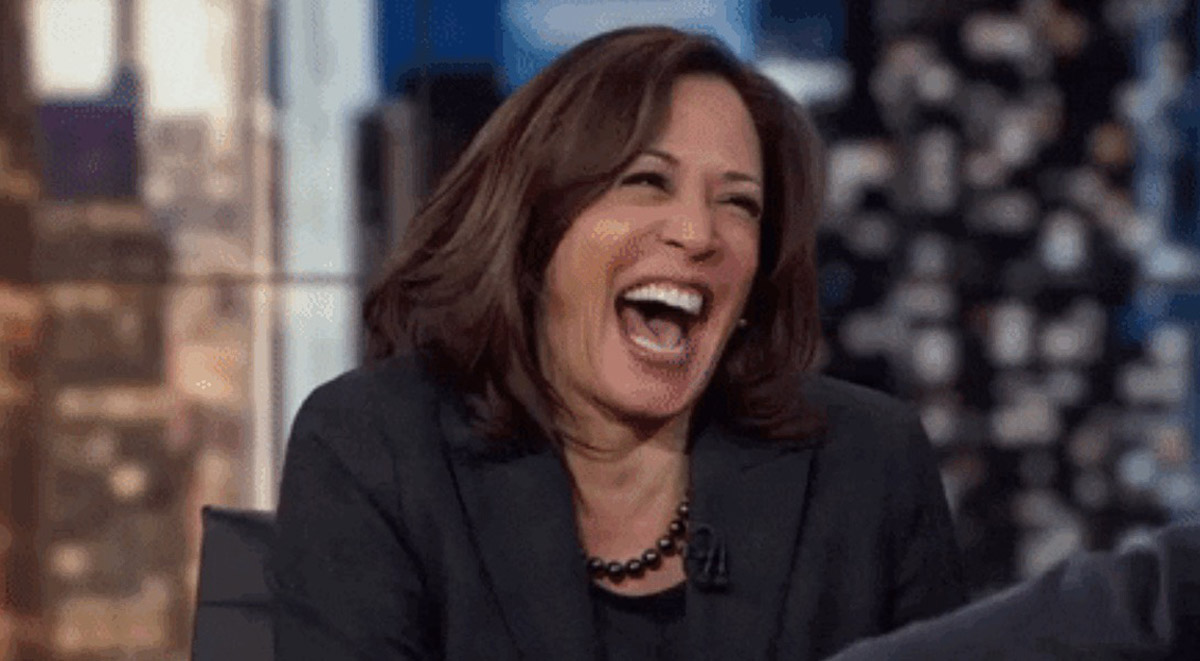A plagiarism expert consulted by the New York Times to review the plagiarism perpetrated by Kamala Harris in her 2009 book is now saying that the paper did not reveal to him the full extent of her theft when he issued a ruling that her plagiarism wasn’t that bad.
Jonathan Bailey, the paper’s plagiarism consultant, initially said that Harris’ plagiarism was “not serious.” But now he is saying that he was not fully informed when he made that determination.
Bailey is now backtracking on his first claim, according to Breitbart News.
With this new information, while I believe the case is more serious than I commented to the New York Times, the overarching points remain. While there are problems with this work, the pattern points to sloppy writing habits, not a malicious intent to defraud.
Is it problematic? Yes. But it’s also not the wholesale fraud that many have claimed it to be. It sits somewhere between what the two sides want it to be.
The 40-page document contains approximately 29 accusations (depending on how you count them). Eighteen of the allegations focus on the book, and another 11 focus on alleged self-plagiarisms that came later.
The Times tried to use Bailey’s first assessment to exonerate Harris over her plagiarism.
Follow Warner Todd Huston on Facebook at: facebook.com/Warner.Todd.Huston, or Truth Social @WarnerToddHuston






